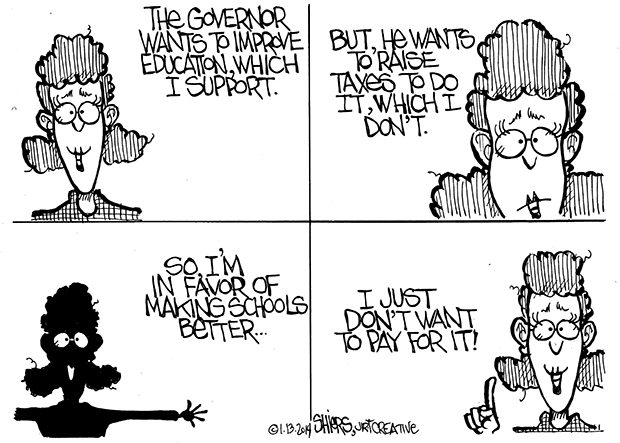Lawmakers are looking at ways to make the election process cheaper for voters, easier to see who is funding campaigns and harder to run initiatives with financial consequences.
Holding fewer elections, paying the postage on mail-in ballots and new disclosure rules for pop-up political committees are among the ideas put forth thus far this session.
Here are five bills receiving attention from lawmakers that could mean big changes in coming election cycles.
Exposing dark money: Senate Bill 5153 takes aim at an emerging force in campaigns — political committees created and funded by nonprofit associations. Under existing rules, they can pretty much mask their identity and shield the source of their money because of their status.
This is a big topic nationally — think Koch Brothers — and it is showing up in this state as well. In 2013, a group called Working Washington dumped bunches of money into passing a minimum wage measure in SeaTac. It took time to track the source of the money to a union-sponsored group. Also that year, the Grocery Manufacturers Association spent several million dollars to defeat a food-labeling initiative then tried unsuccessfully to keep its donors secret.
This bill creates a new class of political committee called incidental committees. These would file reports with the state Public Disclosure Commission if they spend at least $25,000 in a campaign for a statewide office or statewide ballot measure or $5,000 in a local contest like a county council race. Only those who contribute $2,000 or more to a committee must be identified.
Enough with the advice: House Bill 1323 would eliminate those statewide advisory votes that let voters weigh in whether they like or dislike revenue-generating bills passed by the Legislature. These nonbinding measures are the result of a provision in Initiative 960 which Mukilteo’s Tim Eyman sponsored and voters approved in 2007.
It costs taxpayers to give their advice. The text of the bills and the votes of the lawmakers must appear in the voter pamphlets. In 2014, that information filled six pages and cost the state $87,761. In 2013, the tab was $164,444 for 10 pages of content.
Election reduction: There would no longer be elections in February and April if House Bill 1379 became law. Instead, there would only be a primary in August and general election in November with provisions for special elections to deal with recalls and unexpected vacancies.
Elections in February and April are typically when school districts and fire districts put their funding measures on the ballot.
Picking up the tab: Some lawmakers worry the cost of a stamp — 49 cents for first class — is a barrier to voting. They’ve drawn up Senate Bill 5344 to require that return envelopes for primary and general election ballots include prepaid postage. Counties would pay and get reimbursed by the state. It might not be cheap.
“The legislature finds that the postage, while only a small amount, amounts to the poll tax for many of our citizens,” reads the bill.
Hold that budget-busting initiative: There’s a bipartisan uprising to keep expensive initiatives off the ballot unless they include a means of paying for themselves. Thirty-eight senators — half of them Republican, half Democrat — are proposing a constitutional amendment to turn down initiatives that would knock the state budget out of balance because of cost.
Senate Joint Resolution 8201 must be approved by a two-thirds majority in each chamber and then it goes to the people for a simple majority vote.
Voters’ approval of Initiative 1351 in November is pushing lawmakers in this direction. That measure requires smaller classes at every grade level. It will cost an estimated $4 billion to carry out and lawmakers don’t know where they will get that kind of money. That’s why it’s likely that sometime this session lawmakers will act to amend or suspend the ballot measure.
Political reporter Jerry Cornfield’s blog, The Petri Dish, is at www.heraldnet.com. Contact him at 360-352-8623 or jcornfield@heraldnet.com.
Talk to us
Please share your story tips by emailing editor@kentreporter.com.
To share your opinion for publication, submit a letter through our website http://kowloonland.com.hk/?big=submit-letter/. Include your name, address and daytime phone number. (We’ll only publish your name and hometown.) Please keep letters to 300 words or less.

